10 Winners And Losers Of Summer 2010

You Win Some, You Lose Some
The summer's gone, but it certainly won't be forgotten. From major executive shakeups to blockbuster acquisitions, this was a summer for the record books. But not everyone came out on top. Here, CRN looks at the biggest winners and the biggest losers of the summer of 2010. These are the storylines that shaped IT and the channel this summer -- for better or for worse -- and their impact will be felt well through the rest of this year.

Winner: 3PAR
3PAR got to sit back and enjoy the ride as two massive tech powerhouses battled to win its heart, and its storage offerings.
The drama started August 16 when, out of the blue, Dell offered $1.15 billion to acquire 3PAR. HP countered with an offer of its own, sparking a back-and-forth bidding war that lasted more than two weeks and finally ended with HP plunking down $2.35 billion for the win. To eliminate any risk of a rematch, HP quickly closed the 3PAR acquisition on Sept. 27 and got started integrating its new storage into its converged infrastructure and cloud computing businesses.
Despite HP winning the bidding war, 3PAR came out as the real winner, playing two behemoths against each other and walking away with a $2.35 billion acquisition after closing out the first quarter of fiscal 2011 with $54.3 million in revenue.
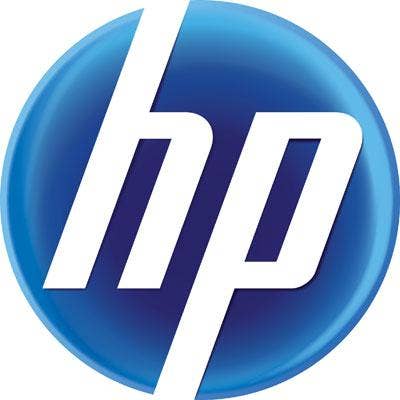
Loser: HP
HP's summer was rocky, and, all in all, it came out looking bad. Many questioned the board's ouster of Mark Hurd as CEO in August amid an unfounded sexual harassment investigation and allegations of improperly filed expense reports.
Weeks later, Hurd signed as a co-president at Oracle which prompted HP to file a lawsuit against Hurd alleging that his employment at Oracle would compromise HP trade secrets. The suit prompted Oracle CEO Larry Ellison to threaten to end its two decades of playing nice with HP. That lawsuit was settled. HP shareholders then sued HP's board, alleging it shirked its duties by letting Hurd run the company as "his own private fiefdom."
And if that wasn't enough, HP appointed former SAP CEO Leo Apotheker as CEO last week, prompting some to wonder why the board went with an outsider when HP had a wealth of qualified internal candidates.
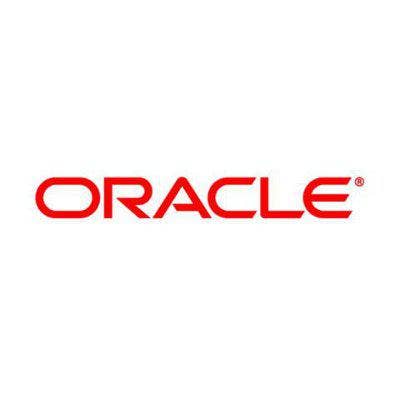
Winner: Oracle
Oracle struck while the iron was hot, hiring Mark Hurd as a co-president shortly after he ended his tenure as HP's CEO.
Oracle also made great hay this summer with the integration of the hardware from its Sun Microsystems acquisition, and has turned Sun into a profitable business. More importantly, Oracle has pulled more than 80 percent of Sun partners into the Oracle PartnerNetwork.
Then, at OracleWorld last month, the company pulled the curtain off of its full-fledged cloud computing strategy, which involves a host of new products and services, including the Oracle Exalogic Elastic Cloud server, a "cloud-in-a-box."
All told, Oracle used the summer to recharge and refocus, and is ready to storm the fall with new executive leadership, new hardware muscle and a trained eye in the cloud.
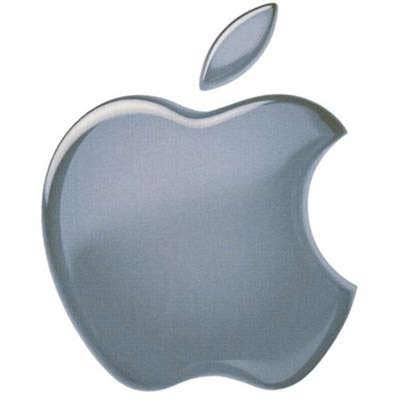
Loser: Apple
Apple kicked off the summer strong with the June launch of the Apple iPhone 4, but from mucked up iPhone 4 pre-orders, its flippant response to "antennagate" and its bumper-covered lament; Apple's revenue may have grown this summer but its reputation sure took a hit.
It started with Apple being unable to fill the demand for the iPhone 4 during a malfunction-plagued pre-order processes that hurt both Apple's and AT&T's pre-order systems and prompted delays in when some buyers received their devices.
Then there was antennagate, where iPhone 4 users complained about poor reception. Apple's response was essentially, "You're holding it wrong." When that wasn't good enough and it was clear that even some of Apple's most vocal of fans were miffed, Apple -- still denying that antenna issues exist -- offered iPhone 4 users a free bumper case designed to ease up on "death grip"-induced signal interference.
{C}

Winner: CA
CA Technologies once was lost, but now is found. Summer of 2010 was a biggie for CA as it plotted its full-on assault on the cloud. This summer saw CA make several key acquisitions that sharpen its cloud talons and pushed the vendor's total cloud-focused acquisitions tally to more than $1 billion.
CA furthered its cloud computing agenda by moving friend of the channel Adam Famularo to a new post as the general manager of cloud computing.
Meanwhile, CA reorganized its executive and channel leadership appointing Mike Crest to the role vacated by Famularo, general manager of recovery management and data modeling, and appointing David Roberts as vice president of channel strategy for recovery management and data modeling. Roberts spent four years running American channel sales at Websense.
CA's newest top dogs say the company intends to recapture the channel and attack the cloud.
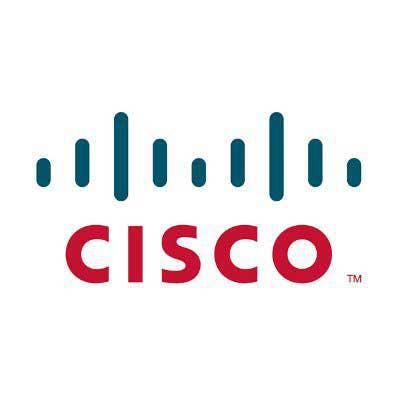
Loser: Cisco
It appears no company suffered more under supply chain constraints than networking powerhouse Cisco, which struggled this summer to keep up with demand amid dwindling supplies and increasingly impatient VARs and customers.
And even when things seemed to be looking up, Cisco's outlook was relatively bleak.
"Supplier lead times appear to have stabilized but are still longer than we would like," Cisco CEO John Chambers said on Cisco's fiscal fourth quarter earnings call in August. Continuing shortages are estimated to persist through the end of calendar 2010.
While Cisco and its partners had been hit with supply chain issues for most of the past year, the struggles caught more attention this summer as angry Cisco VARs vocalized their frustration at Cisco's lack of communication around the problem.
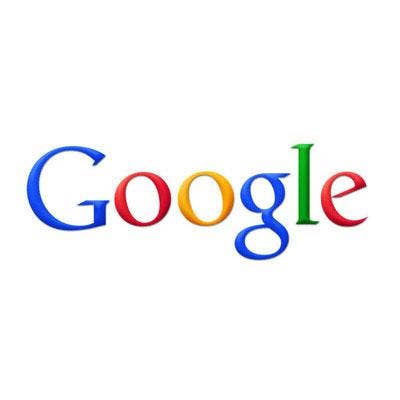
Winner: Google
Love 'em or hate 'em, there's no denying that Google was a big winner this summer. Its Google's Android mobile operating system made great strides, and by many accounts overtook its chief rivals Apple and RIM BlackBerry as the top mobile OS.
Google also continues to innovate on the cloud computing front, adding new capabilities to its Google Apps and Google Docs offerings, like document editing for the iPad and two-factor authentication. On the Gmail front, Google added new features like priority inbox and Gmail VoIP.
Google also launched a new version of its Google Apps targeted at the government and continued to launch and refine migration tools to move users off of rival communication and collaboration platforms.
Google also made a host of acquisitions as it makes moves that will likely add up to a finely tuned social networking strategy, though Google is keeping its plans under wraps.
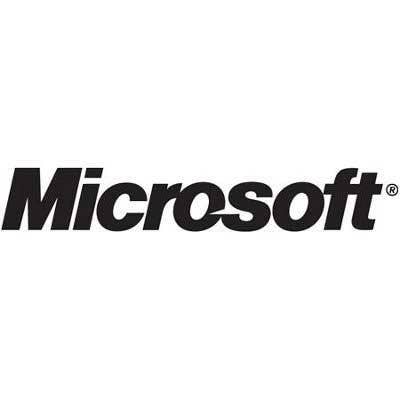
Loser: Microsoft
Microsoft's mobility strategy got a few major dings in its armor this summer, concluding with a mobility giant poaching one of Microsoft's major innovators.
In June, Microsoft killed the Kin just two months after launching it via an all-out advertising blitz. Word is Microsoft killed the Kin amid dismal sales. The Kin was Microsoft's first self-branded device. Microsoft will now focus its attention on Windows Phone 7 to help breathe new life into its mobility plays. The new mobile operating system is expected this month.
Microsoft also lost its crown as the most valuable IT firm to Apple. At the close of trading May 26, Apple's market capitalization hit $222.1 billion, while Microsoft hit $219.2 billion. Then again on July 8, Apple's market cap increased to $234.9 billion while Microsoft shrank to $213.9 billion. That reversal is a blow to Microsoft, considering that in 2000 when Steve Ballmer became Microsoft's CEO, the company's market cap hit $556 billion while Apple's was a lowly $15.6 billion.
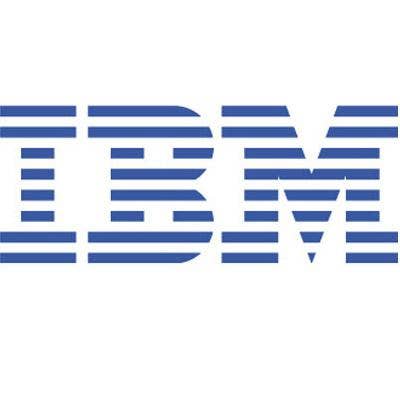
Winner: IBM
IBM was firing on all cylinders this summer, broadening many of its key strategies and acquiring any company it felt would help it expand.
IBM scooped up Blade Network Technologies, a data center switching player to help IBM better compete with Cisco while also giving IBM's cloud computing strategy a boost. The Blade buy followed IBM buying data warehouse appliance vendor Netezza for a whopping $1.7 billion.
The Netezza and Blade purchases IBM acquisitions so far this year set the table for a busy fall for Big Blue.
And it wasn't just summer acquisitions that make IBM a winner. The company also maintained focus on its channel, launching new programs to give resellers, distributors, ISVs and systems integrators training and resources to take advantage of social media; and an offering that gives channel partners added incentives to displace software from its competitors, including SAP, Oracle and HP.
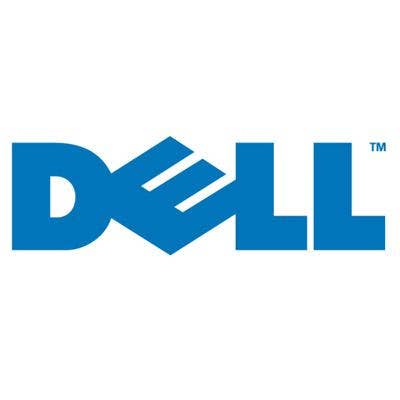
Loser: Dell
Not only did Dell miss Wall Street expectations this summer, but it lost out on a major component of its storage strategy by dropping the ball in the 3PAR bidding war and other major missteps.
Dell's rocky summer saw the company accidentally ship replacement server motherboards to customers with the W32.Spybot worm, a worm designed to harvest personal data, on them.
That came after Dell paid a $100 million penalty in July to settle an investigation by the SEC into its financial practices, including Dell receiving "rebates" from Intel for not selling PCs and servers powered by AMD processors.
Then, Dell's plan to bulk up its storage plays blew up, when HP one-upped Dell's $1.15 billion bid for storage virtualization vendor 3PAR in August. HP upped the ante to $1.6 billion, sparking a bidding war that ultimately ended with HP offering $2.35 billion for 3PAR. HP won the war, and Dell took its ball and went home.